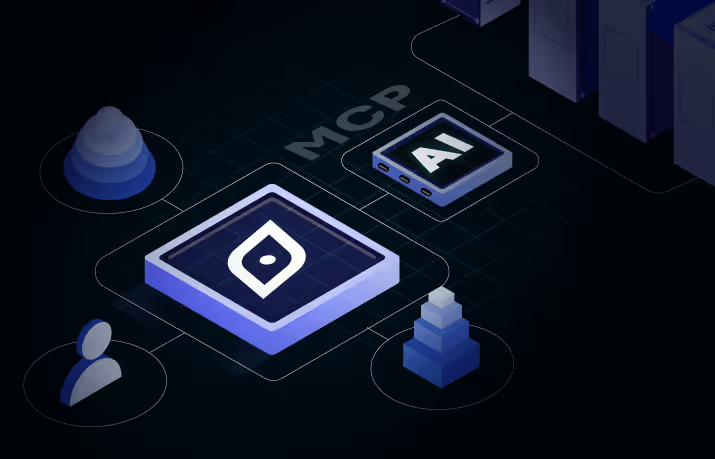Why Reskilling Matters for Startups Using Talent Platforms
The pandemic is driving continuous change, and that means new skills are required. The crisis has also sparked growing interest in adopting emerging technologies like AI, ML, and IoT to prepare for the post-pandemic world.
For startups, keeping pace with these technologies is essential. However, many employees still lack the skillsets needed to succeed in this digital landscape. A talent management platform can support reskilling and upskilling efforts to make the workforce future-ready.
Why Startups Must Use a Talent Management Platform to Prioritize Reskilling in a Post-Pandemic World
The idea of reskilling employees is gaining steam, especially after the COVID-19 crisis. A talent management platform can help entrepreneurs and small business owners seize growth opportunities by developing their novice workforce.
Technical skills are gaining steam
Emerging technologies were quickly adopted during the pandemic, accelerating the need to reskill employees with technical skills. A talent management platform can support this shift.
The World Economic Forum (WEF) reports that half of all employees worldwide will need upskilling or reskilling by 2025 to take on new roles driven by AI, ML, IoT, and automation. Without fast-tracked learning and development programs, it could take decades for workers to be ready for the future of work.
Several corporate giants have recognized the benefits of reskilling and are seeing notable results with their training initiatives. With limited resources, startups are also using talent management platform to help employees develop skills around disruptive technologies.
Startups have been at the forefront of adopting these technologies in the workplace. Through their products and services, they leverage new tools and skillsets to transform traditional markets.
Continuous learning to stay ahead of the curve
The need to learn new skills is no longer optional. Continuous learning must be prioritized to keep up with industry trends and maintain a competitive edge. Employees who see limited career growth opportunities are more likely to switch organizations.
A talent management platform can help address skill shortages, especially in startups facing rapid digital change. Regardless of business size, continuous learning is essential to retain employability and relevance.
Implementing a reskilling plan can be a daunting task. However, with plenty of corporates already reaping the rewards with continuous learning strategies, entrepreneurs and small business owners can also execute the same and retain their high-performing talents.
Reskilling is lucrative to employees and startups
Unlike large companies, startups are much more innovative and quicker to adapt to changing market dynamics. The benefits of reskilling are umpteen and can unlock the other traits of employees that many big players fail to recognize.
- By helping employees build new skills and gain knowledge across various business areas, a talent management platform enables potential candidates to become more flexible to meet evolving business needs.
- The startup culture will become more competitive as development programs can tap the strengths of their workforce to enhance their professional and organizational paths.
COVID-19 has propelled both large and small business owners to change and work differently. Reskilling has gained attention from startups and small business owners looking to make their existing workforce adaptable to current trends and needs. Although startups are known as ambassadors of change in this tech-reliant society, they still struggle to address the widening skill gaps in their organization, highlighting the need for an effective talent management platform.
With the help of AI-powered talent management platform, HR leaders get access to the entire talent ecosystem, understand the talent market’s situation, and utilize it for the organization’s benefit.
Draup is a talent intelligence platform built upon over 4500 job roles across 30,000 skills spread across 33 industries. Draup makes company-wide reskilling projects seamless by sharing real-time insights on various skills, demand, and supply sources of the talent pool, along with a fool-proof plan to devise reskilling initiatives.










.svg)

















.svg)





.svg)





.svg)
